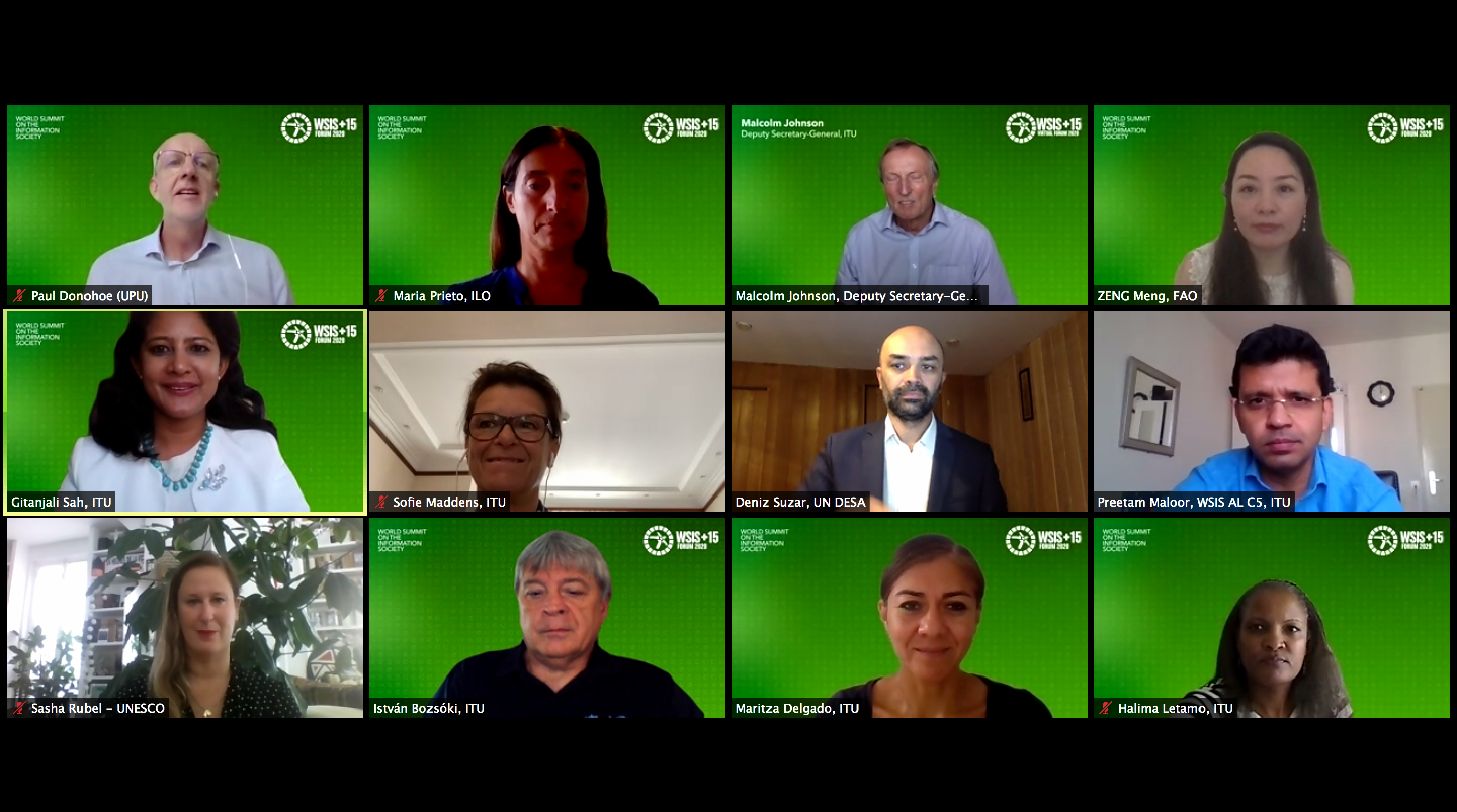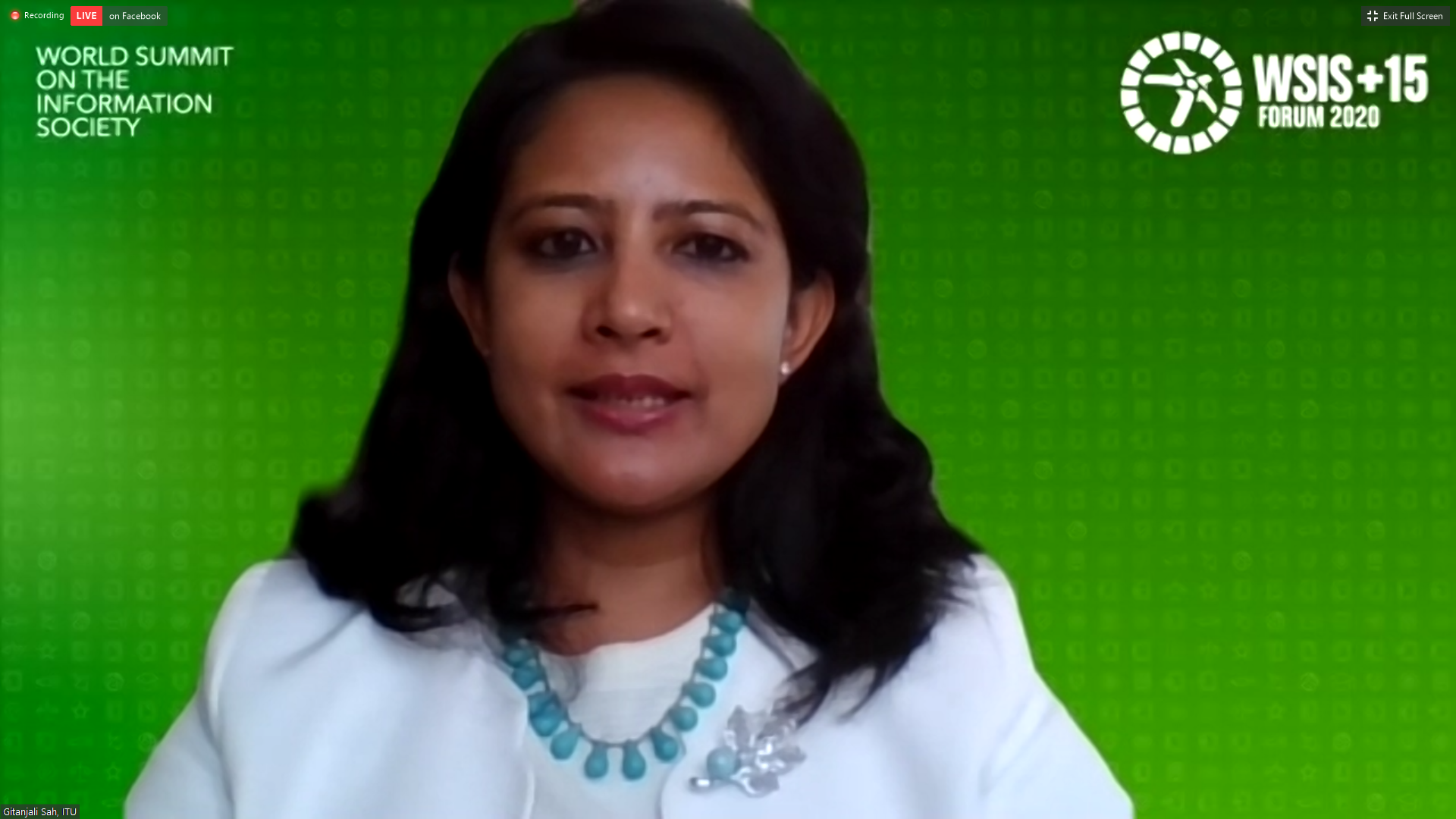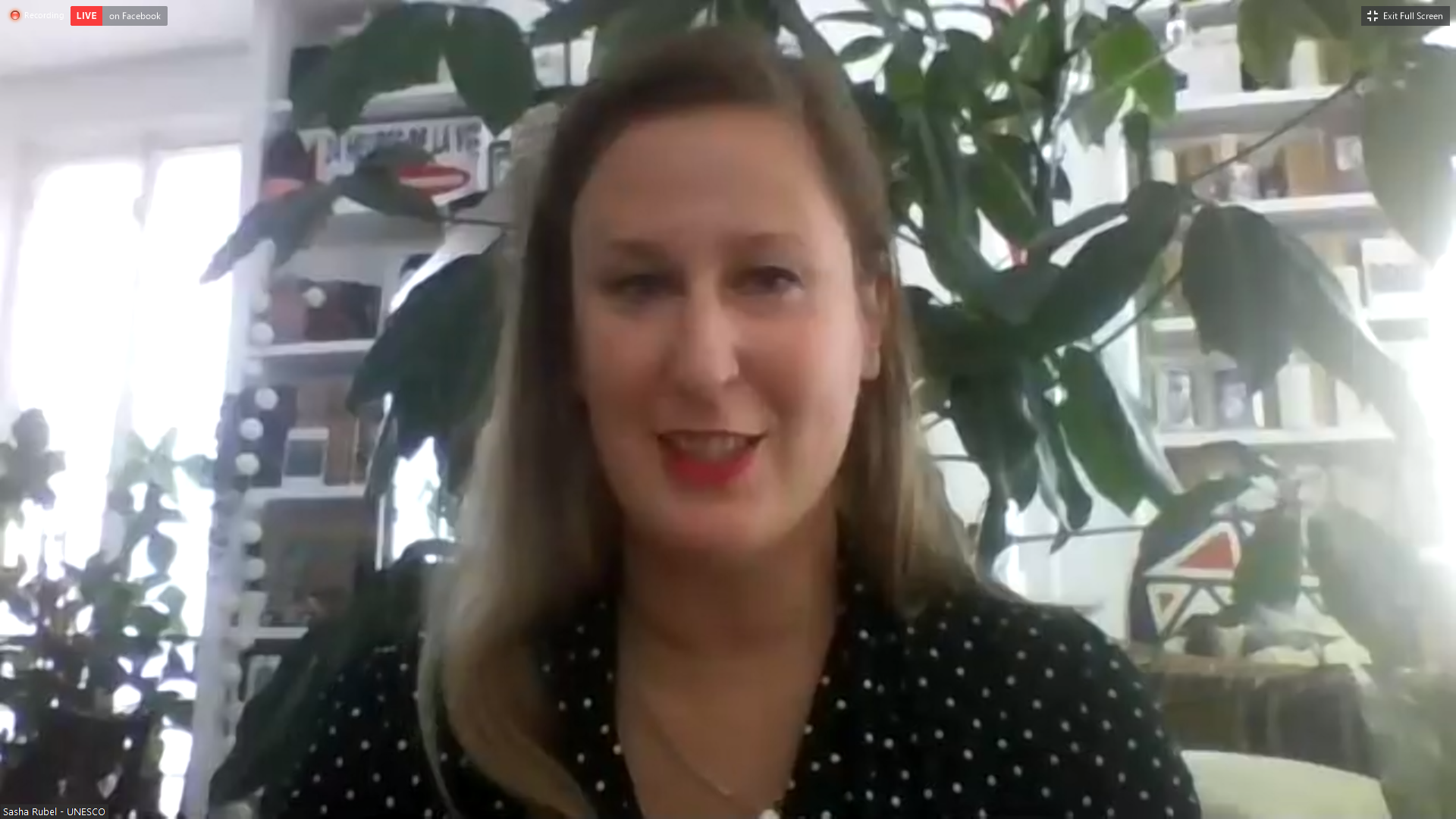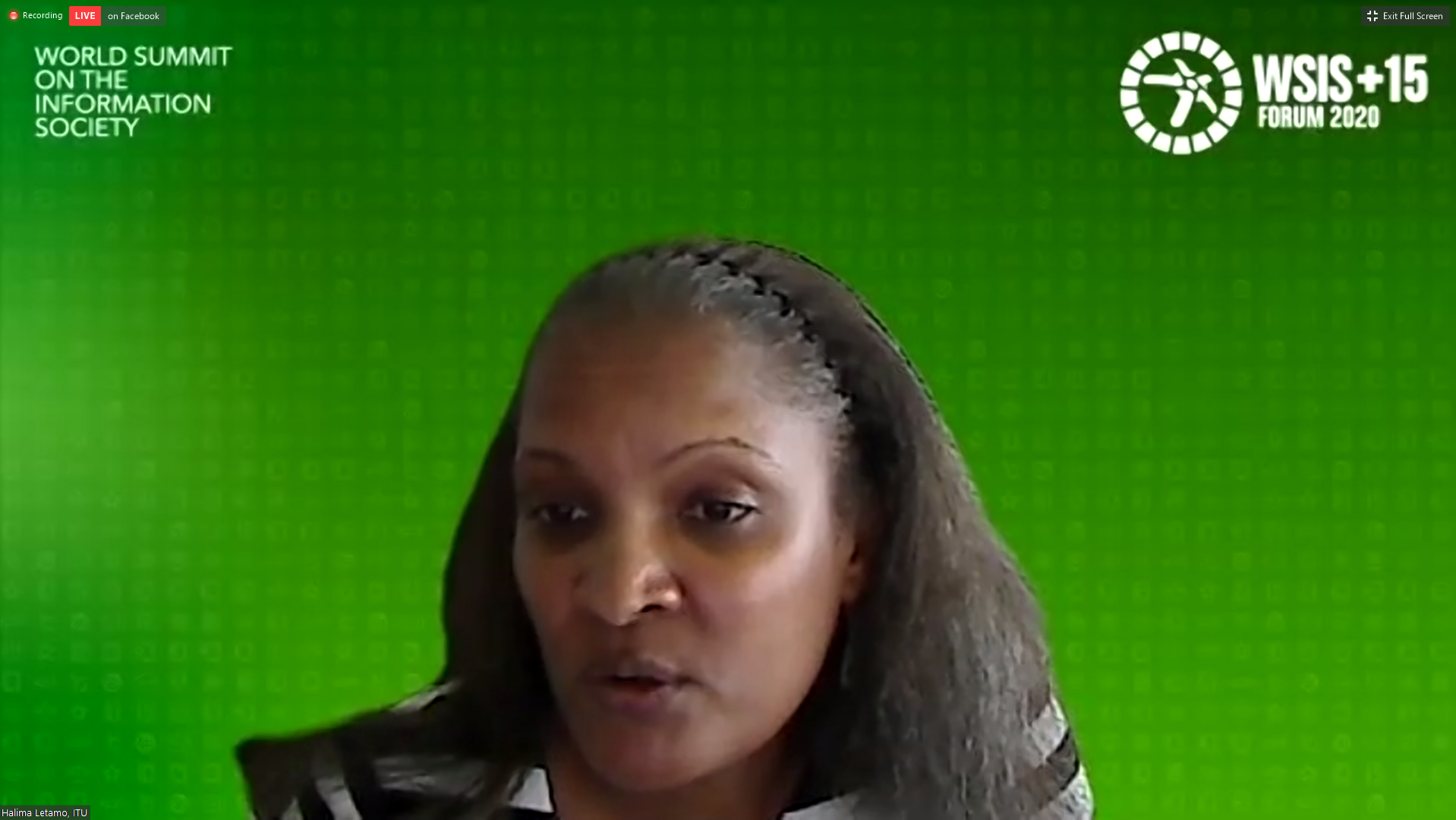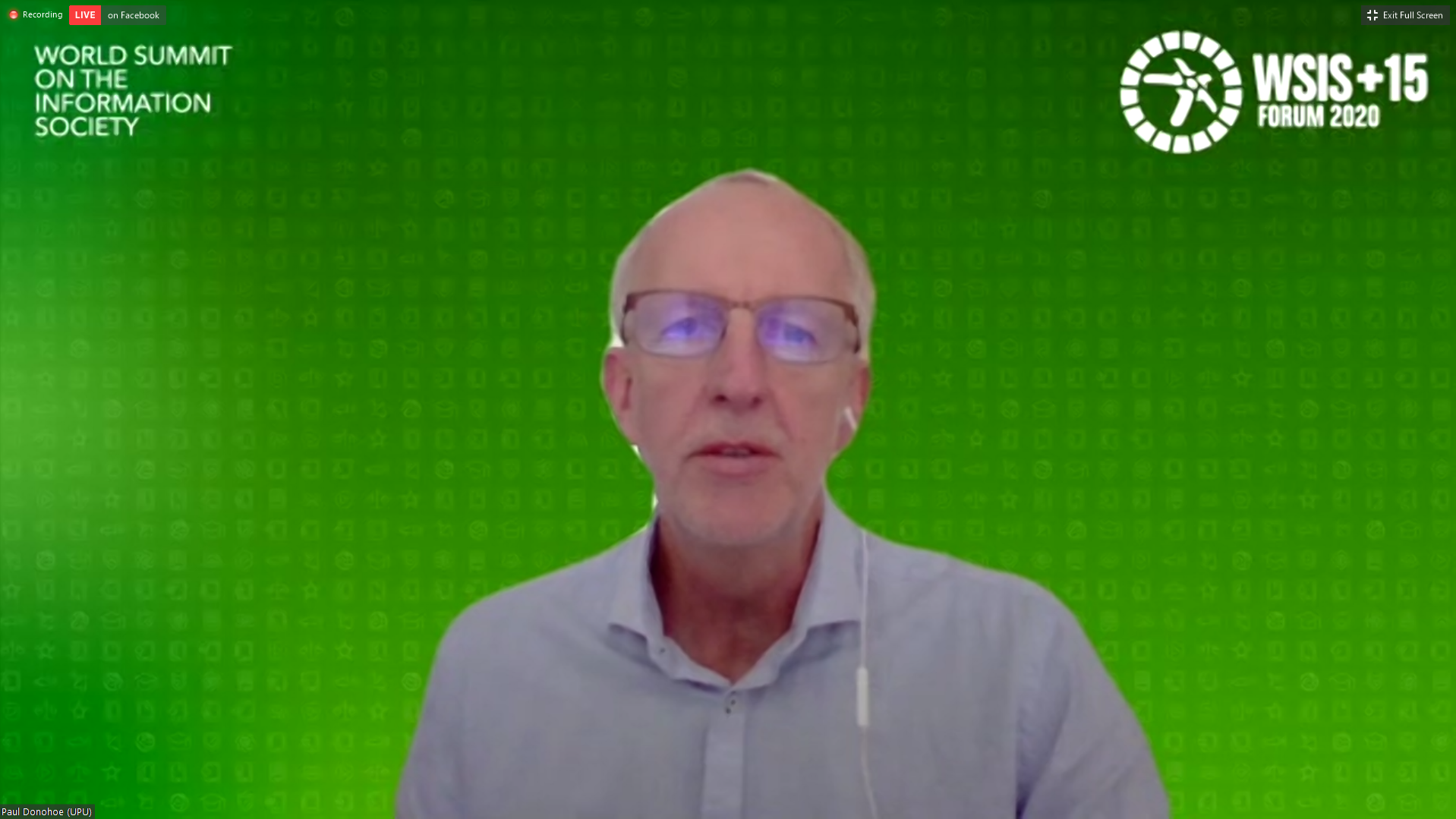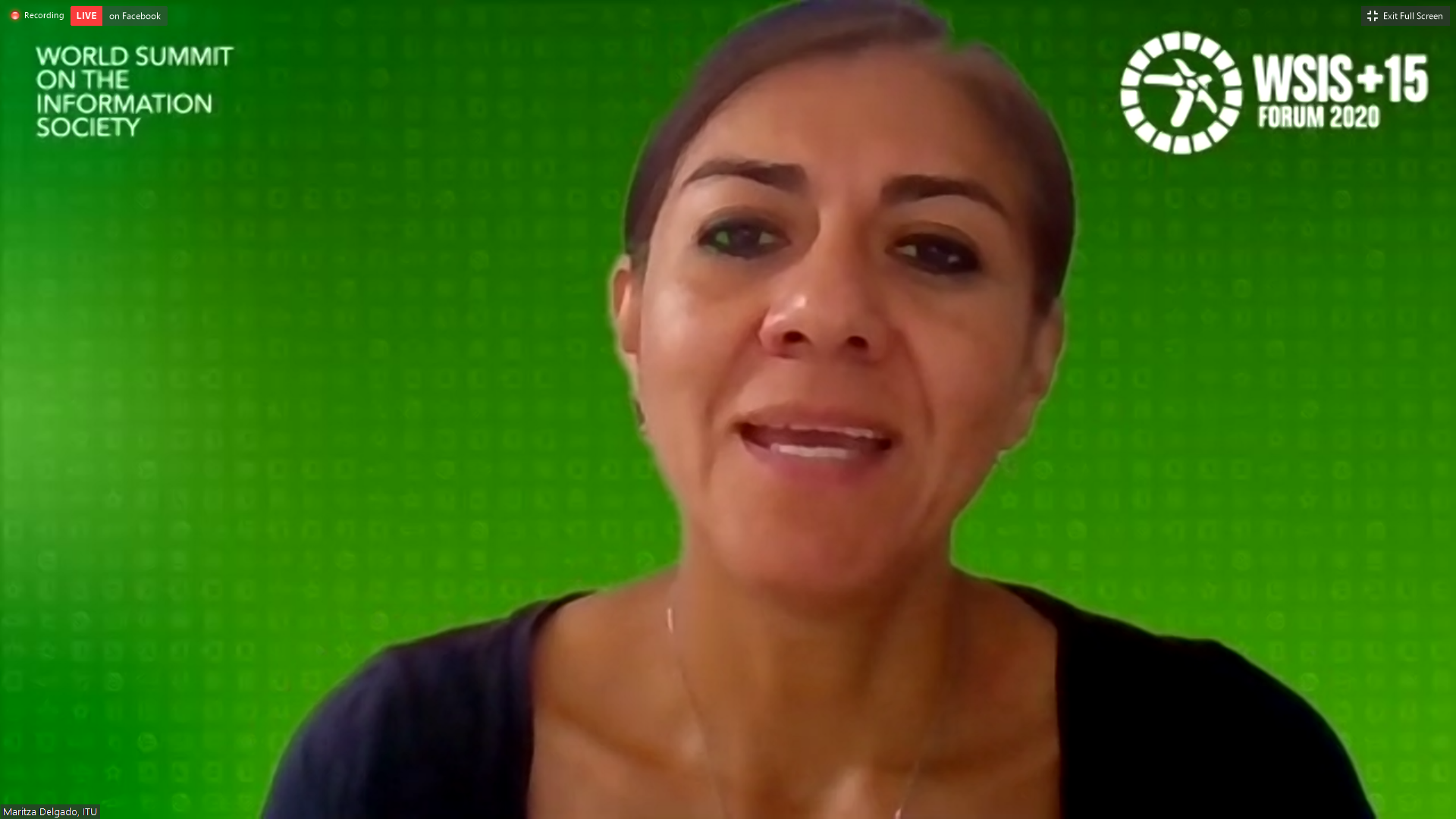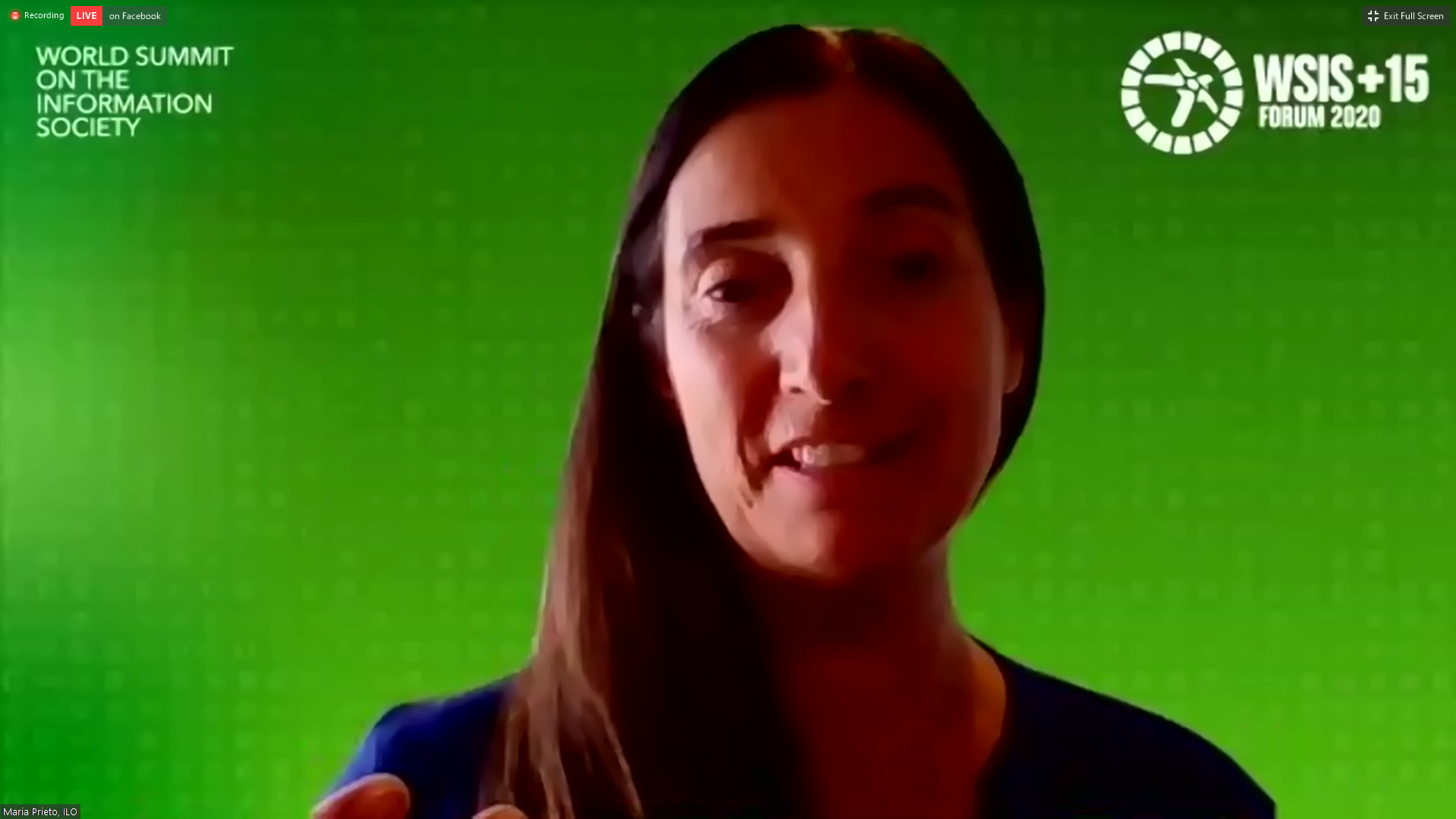WSIS Action Line Facilitators Meeting (15 years evolution of the Action Lines)
International Telecommunication Union
Session 374
Action Line Facilitators
Pursuant to Article 109 of the Tunis Agenda, the fifteenth meeting of the UN WSIS Action Line Facilitators will take place within the framework of the WSIS Forum 2020.
The purpose of the meeting is to assess the general progress made within the WSIS Action Lines, as well as to identify measures to strengthen the overall WSIS implementation process. In addition, this year’s meeting will focus on innovating trends in ICTs and the implementation of the WSIS Action Lines to facilitate the achievement of the Sustainable Development Goals.
Format
This session will be moderated in a dialogue style format engaging all UN WSIS Action Lines Facilitators to identify the key priorities, opportunities and challenges for their respective WSIS Action Line towards the achievement of the SDGs, in particular in line with 15 years of the implementation of the WSIS Process and the role of the WSIS Action lines in “building back better” after the COVID crisis.
WSIS Action Lines
С1. The role of public governance authorities and all stakeholders in the promotion of ICTs for development: Deniz Susar, Governance and Public Administration Officer, UN DESA
С2. Information and communication infrastructure: Istvan Bozsoki, Head of Division, ITU
C3. Access to information and knowledge: Rubel Sasha, Programme Specialist, Digital Innovation and Transformation, Communication and Innovation Sector, UNESCO / Joe Hironaka, Programme Specialist - Conflict & Post-Conflict Operations, UNESCO
C4. Capacity building: Halima Letamo, Capacity and Skills Development Officer, ITU
C5. Building confidence and security in the use of ICTs: Preetam Maloor, Head Emerging Technologies Division, ITU
C6. Enabling environment: Sofie Maddens, Head, Regulatory and Market Environment Division, Telecommunication Development Bureau, ITU
C7. ICT Applications:
E-government: Deniz Susar, Governance and Public Administration Officer, UN DESA
E-business: Paul Donohoe, Manager, Digital Economy and Trade Programme, UPU / James Howe, Senior Adviser International Marketing, Branding and e-Commerce, ITC / Scarlett Fondeur Gil, Economic Affairs Officer, ICT Policy Section, UNCTAD
E-learning: Rubel Sasha, Programme Specialist, Digital Innovation and Transformation, Communication and Innovation Sector, UNESCO / Joe Hironaka, Programme Specialist - Conflict & Post-Conflict Operations, UNESCO
E-health: Hani Eskandar, Digital Services Senior Coordinator, ITU / Sameer Pujari - Vice-Chair, Focus Group: AI 4 Health, WHO
E-employment: Maria Prieto, Employment and Future of Work Specialist, ILO
E-environment: Omar Baddour, Head of the Climate Monitoring and Policy division, WMO / Maritza Delgado, Program Officer of the Environment and Emergency Telecommunications Division, ITU / (TBC), UNEP
E-agriculture: Meng ZENG, Information Technology Officer, FAO
E-science: Rubel Sasha, Programme Specialist, Digital Innovation and Transformation, Communication and Innovation Sector, UNESCO / Joe Hironaka, Programme Specialist - Conflict & Post-Conflict Operations, UNESCO
C8. Cultural diversity and identity, linguistic diversity and local content: Rubel Sasha, Programme Specialist, Digital Innovation and Transformation, Communication and Innovation Sector, UNESCO / Joe Hironaka, Programme Specialist - Conflict & Post-Conflict Operations, UNESCO
C9. Media: Rubel Sasha, Programme Specialist, Digital Innovation and Transformation, Communication and Innovation Sector, UNESCO / Joe Hironaka, Programme Specialist - Conflict & Post-Conflict Operations, UNESCO
C10. Ethical dimensions of the Information Society: Rubel Sasha, Programme Specialist, Digital Innovation and Transformation, Communication and Innovation Sector, UNESCO / Joe Hironaka, Programme Specialist - Conflict & Post-Conflict Operations, UNESCO
C11. International and regional cooperation: Deniz Susar, Governance and Public Administration Officer, UN DESA
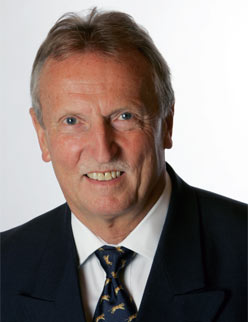



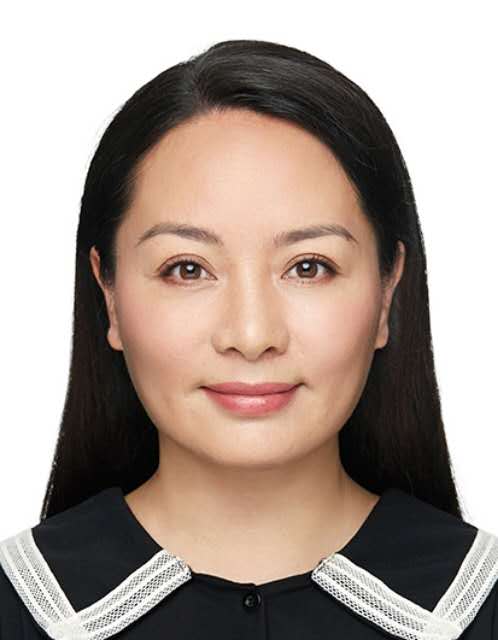







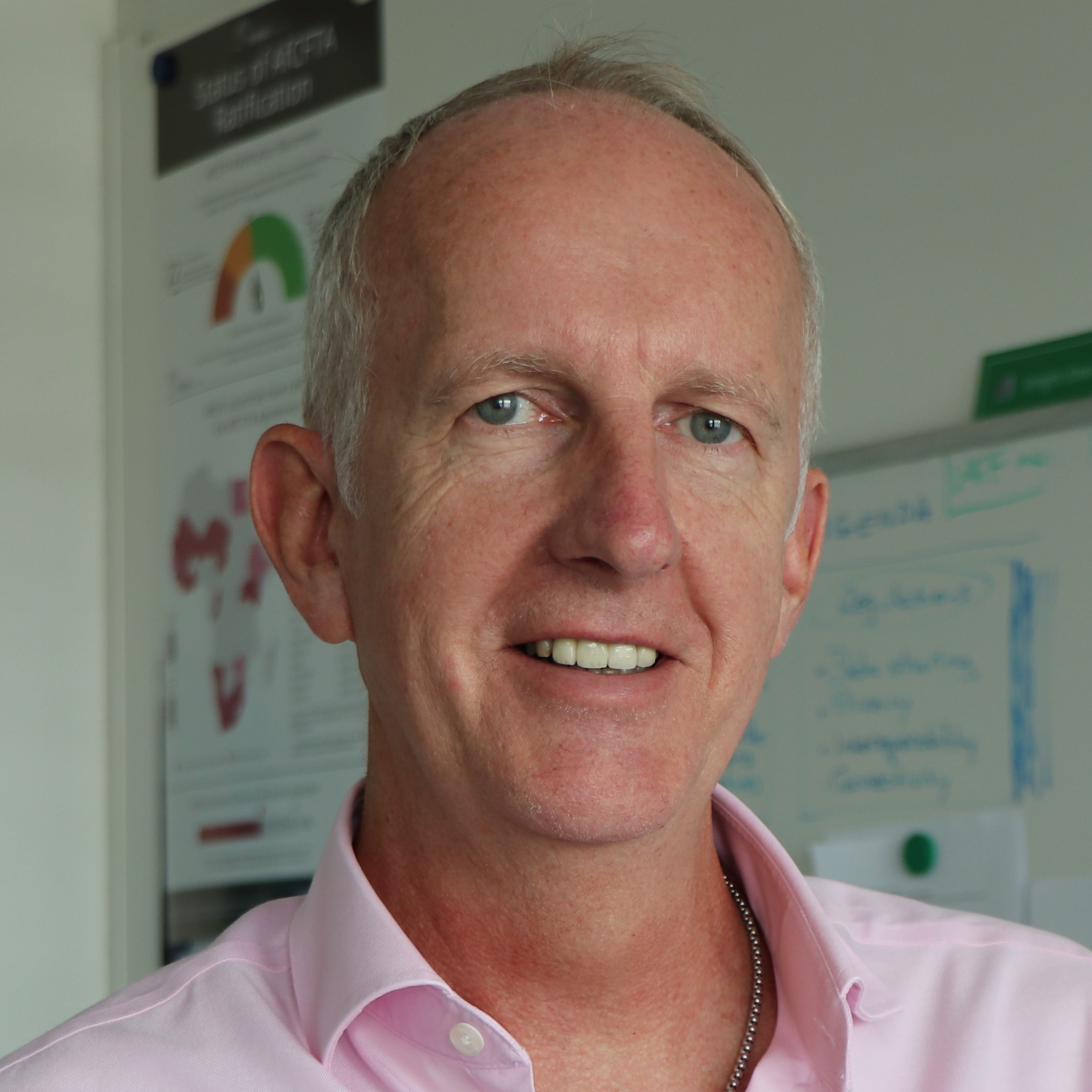.jpg)
-
 C1. The role of governments and all stakeholders in the promotion of ICTs for development
C1. The role of governments and all stakeholders in the promotion of ICTs for development
-
 C2. Information and communication infrastructure
C2. Information and communication infrastructure
-
 C3. Access to information and knowledge
C3. Access to information and knowledge
-
 C4. Capacity building
C4. Capacity building
-
 C5. Building confidence and security in use of ICTs
C5. Building confidence and security in use of ICTs
-
 C6. Enabling environment
C6. Enabling environment
-
 C7. ICT applications: benefits in all aspects of life — E-government
C7. ICT applications: benefits in all aspects of life — E-government
-
 C7. ICT applications: benefits in all aspects of life — E-business
C7. ICT applications: benefits in all aspects of life — E-business
-
 C7. ICT applications: benefits in all aspects of life — E-learning
C7. ICT applications: benefits in all aspects of life — E-learning
-
 C7. ICT applications: benefits in all aspects of life — E-health
C7. ICT applications: benefits in all aspects of life — E-health
-
 C7. ICT applications: benefits in all aspects of life — E-employment
C7. ICT applications: benefits in all aspects of life — E-employment
-
 C7. ICT applications: benefits in all aspects of life — E-environment
C7. ICT applications: benefits in all aspects of life — E-environment
-
 C7. ICT applications: benefits in all aspects of life — E-agriculture
C7. ICT applications: benefits in all aspects of life — E-agriculture
-
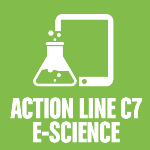 C7. ICT applications: benefits in all aspects of life — E-science
C7. ICT applications: benefits in all aspects of life — E-science
-
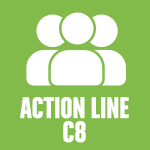 C8. Cultural diversity and identity, linguistic diversity and local content
C8. Cultural diversity and identity, linguistic diversity and local content
-
 C9. Media
C9. Media
-
 C10. Ethical dimensions of the Information Society
C10. Ethical dimensions of the Information Society
-
 C11. International and regional cooperation
C11. International and regional cooperation
